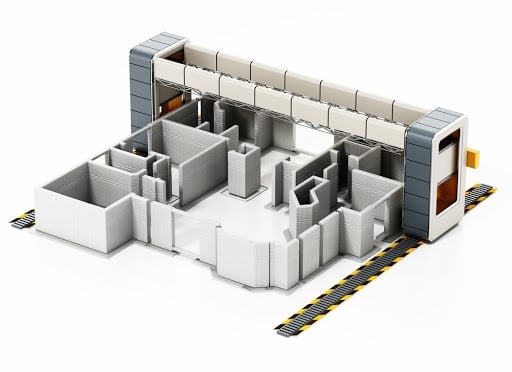Your typical 9-5 job might let you can hang up your hat at the end of day. But are you learning to build an empire?
Would you be happier as an entrepreneurial empire builder, reaching higher pay but having more fluid work demands on your time?
Neither route is wrong. It all depends on what’s most important to you.
What will you trade to get what you want?
To build an empire, put in the work.
Nothing in Ryan Moran’s plan is easy, fast, or straightforward. It’s going to be a lot of work, for many years to come.
Ryan has wanted to own the Cleveland Indians baseball team since he was a child. But if he’s going to reach that goal, he needs to calculate the costs of attaining it and decide whether it’s worth it.
It seems like a crazy dream to most people. But once Ryan got his first 8-figure check, it felt like he had unlocked a new level of potential.
He granted himself permission to attempt a 9-figure exit for a business.
This new step in Ryan’s journey is getting him close to the actualization of this dream. He’s calculated what it will take to get there, and he knows chasing it is worth it to him. But he also knows it won’t be easy for him to get there.
To become an empire builder, you must connect with empire builders.
Ryan’s mentorship work gives him access to more deal flow and opportunities in his work area: scaling companies working in physical products, or packaging them to sell them for a high multiple with other companies in a roll-up.
He also runs an annual conference, the Capitalism Conference, each December in Austin, Texas. It attracts billionaire and millionaire empire builders and investors from around the globe, who come to share just how to build huge, impactful brands.
In a recent interview with Justin Colby, a real estate investor and entrepreneur, Ryan's approach to business was compared to how successful real estate investors flip properties.
Ryan works with budding entrepreneurs, getting their businesses to 7-figures then either scaling them or packaging them in a roll-up to sell them for 8-12 times their value.
He attributes this success to his focus on businesses that sell physical products. Ryan has found this market to be great for investment, as the potential valuations are so high. For example, RXBAR, which sells protein bars made out of whole foods, sold to Kellogg for $600 million.
Successful entrepreneurs embrace change to create the change.
Justin encourages entrepreneurs to “embrace the change” in the marketplace. Ryan concurs, urging entrepreneurs to “create the change” and get ahead of the curve.
In periods of marketplace change, opportunity is created. There’s a wide-open period with a first-mover advantage, then a market consolidation after price wars. However, another door opens up to a different opportunity after that market is consolidated.
For example, Amazon used to be about selling objects online as quickly as possible. That could quickly devolve into a race to the bottom.
But if you instead sell your products under a brand, you can build goodwill and a following of passionate customers. From there you can pivot to selling different products that solve other needs that type of customer might have.
Now, Amazon is a completely different creature. Just look at the change to grocery retail after the Amazon acquisition of Whole Foods.
If empire builder Jeff Bezos wanted to, he could start putting high-selling food and health products on Amazon's online platform in Whole Foods physical retail locations across America. Success on Amazon can now lead to all sorts of new opportunities.
Create the change, embrace what is happening around you, and your business can be a part of shaping the future.
Listen to the podcast above to learn more about becoming an empire builder, and be sure to subscribe below!
-->Subscribe to the Freedom Fast Lane Podcast with Ryan Daniel Moran<--
MORE PODCAST EPISODES ON CAPITALISM.COM:
• 4 Ways Empire Builders Prioritize For Success
• The 3 Steps Entrepreneurs Follow for a $100 Million Valuation
• Hal Elrod: Life After Cancer & Success












